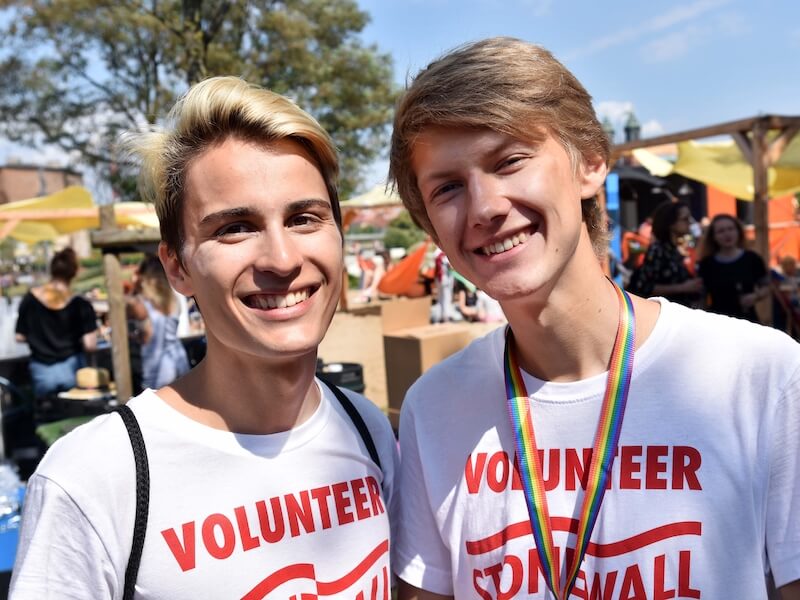- About
- Topics
- Picks
- Audio
- Story
- In-Depth
- Opinion
- News
- Donate
- Signup for our newsletterOur Editors' Best Picks.Send
Read, Debate: Engage.
| topic: | Freedom of Expression |
|---|---|
| located: | Argentina, Brazil |
| editor: | Ellen Nemitz |
Languages reflect their times and places, both culturally and politically. The way people speak and write is a living entity evolving along with society and its ways of living. As for the LGBTQ+ rights, it is no different. Since male and female are no longer the only socially accepted forms to express gender and non-binary people demand deserved respect, words such as nouns and pronouns need to embrace diversity as well.
In Portuguese and Spanish, the tongues spoken in Brazil and most of the other Latin American countries, respectively, these changes are not happening in an easy way. The replacement of letters a and o used for feminine and masculine, respectively, have been done by the endings x, u, e or even @ - this last one a bit in disuse lately. This is how the word for all, to mention one example, went from todas/todos (female and male, respectively) to todes - embracing all genders.
It was enough to inflame those supposedly defending "traditional" grammar. This is the case in Buenos Aires, the capital city of Argentina. In June, the local Education Ministry, headed by María Soledad Acuña, forbade the use of inclusive language in schools, alleging that the measure aimed to tackle the bad performance of students - besides preserving the traditional Spanish grammar.
Following the decision, the governor of Buenos Aires province, Axel Kicillof, suggested that the students should continue using inclusive language. Similarly, the education workers' union strongly opposed the measure. "Denying language to trans and non-binary children and adolescents constitutes an attack on the right to identity of each and every one, and to be in an environment in which diversity is respected," says the note - properly written in neutral language. In a second manifesto, titled "Language is part of the construction of rights," the union affirms that "non-binary language is only a small part of the so-called 'inclusive language', which also includes linguistic anti-ableism, anti-racist and anti-colonial strategies, among many others."
The organisation added that Buenos Aires pledges to be a city that welcomes LGBTQ+ people, as well as migrants, so the decision would be a contradiction. "As in any other process of cultural transformation, the debates must be present so that the hegemonic discourse, which is a powerful mode of oppression and reproduction of inequality, is questioned." In a city where language has been used for a long time by teenagers to promote political discussion, it is not likely that a single ruling will make any difference for this new and politicised youth eager to change the world in which they live.
Like with any other period of language development, this one will require the redefinition of grammatical rules - a time-consuming but extremely important process to guarantee inclusivity, while still making sure that there are rules to follow. Investing in studies and discussions on it - always listening to the main characters of this story, the non-binary people - is mandatory. There is no way back nor stops on the road of inclusion for the LGBTQ+ community.
Photo by Jordan McDonald

